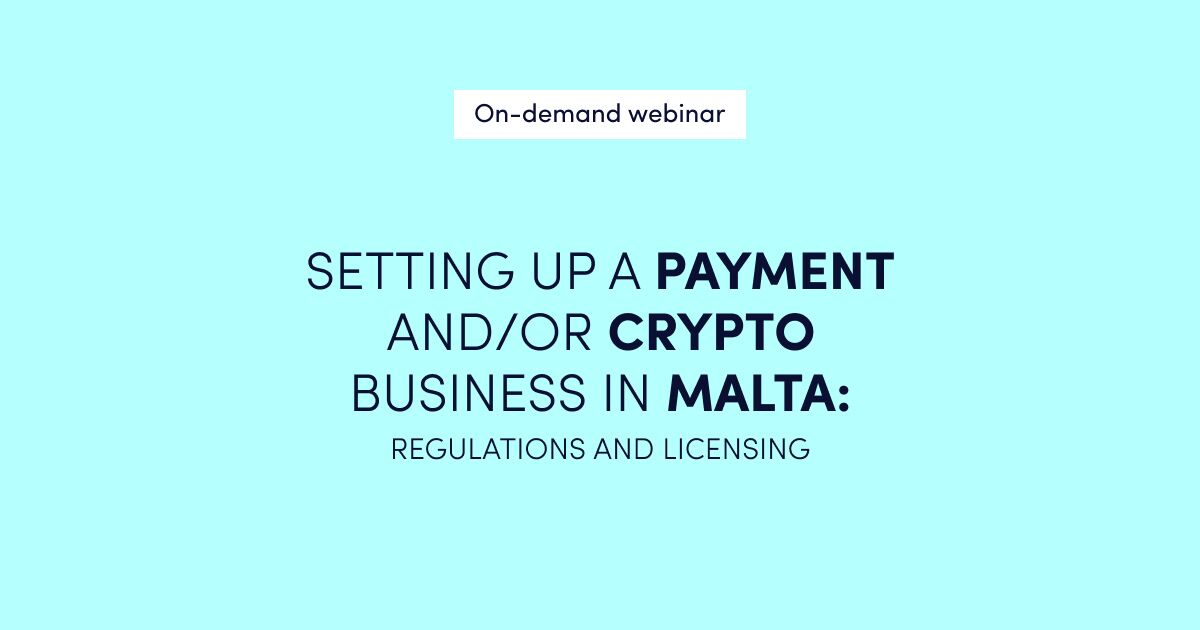Brexit is happening: the UK left the EU on 31 January 2020. For fintech companies it has entered an implementation period, which is due to operate until 31 December 2020. During the implementation period, EU law will continue to apply in the UK.
No one knows what Brexit will mean for financial services companies and European business in general. There are the uncertainties of Brexit – either UK`s or European regulators do not have a clear vision and legislative guidelines for companies.
What does Brexit mean for EEA-authorised companies:
For EEA-licensed companies, passporting allows to conduct business within other EEA states. Their passporting to provide services in the UK will continue during the implementation period. After that period EEA-authorised companies (Payment Institutions and E-money Institutions) will not be able to continue their services with existing passporting in the UK and need to establish an authorised or registered UK subsidiary to provide services in the UK. EEA firms may need to have authorisation in the UK to continue to access the UK market. Similarly, EEA investment funds may also need to seek UK recognition to continue to market in the UK. FCA, the UK`s regulator will inform on further steps.
London and the UK will continue to be a leading player on the global financial stage after Brexit, according to data, provided by the Freedom of Information request (FOI) by Bovill. To this date more than 1,400 EU-based companies have applied for permission to operate in the UK after Brexit. According to over 1,000 of these firms are planning to establish their first UK office.
What does Brexit mean for UK-authorised companies:
If the UK-authorised firm wants to provide financial services in an EEA state, it can apply for a passporting to do this. The company may also need a domestic authorisation in the EEA state. The UK-authorised firm focusing on providing financial services in an EEA state, may set up a branch in an EEA state (an ‘establishment’ or ‘branch’ passport) or to provide cross-border services or advice (a ‘services’ passport).
UK-based fintech companies are taking steps to prepare for the worst-case scenario of Brexit and continuing securing licenses for the EEA region. Many companies are already received their EEA-based licenses and some of them use transition period time to do these steps.
The UK fintech vs European fintech in figures:
The UK holds the leading position in investments into financial technology startups, drawing in over $4.9bn last year. Comparing with European fintechs, which raised $8.5bn., the UK contributed to over half of all the continent’s investment in this space, according to new research by Innovate Finance. Seven of the 10 biggest European fintech raises last year were by British companies.
The UK showed a 38% boost in fintech investments since last year. Its closest European peer was Germany, which raked in $1.3bn, followed by Sweden with $778m.
Advapay is a technology company providing the Digital Core Banking platform to empower fintech clients or digital banks to start their businesses and accelerate digital transformation. The platform delivers all essential functionalities, a front-to-back system and a set of tools to customise and bring new integrations. With Advapay, potential and existing customers can connect either to the cloud-based SaaS or on-premise software. Besides the technical infrastructure, the company provides business advisory and fintech licensing services. Interested to learn more, please drop us a message.








